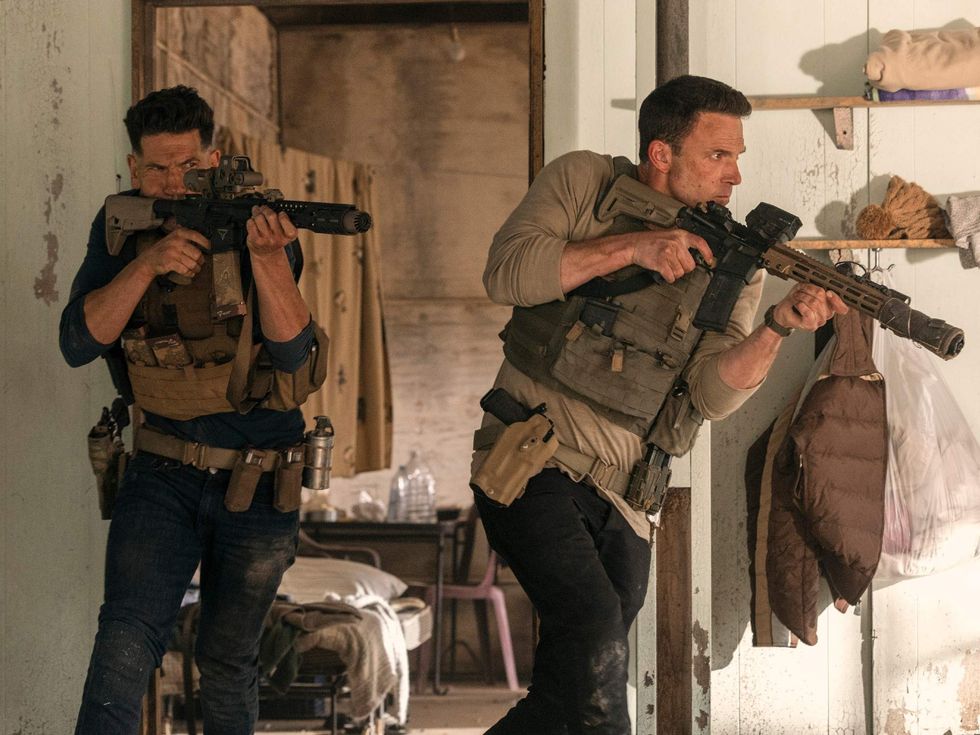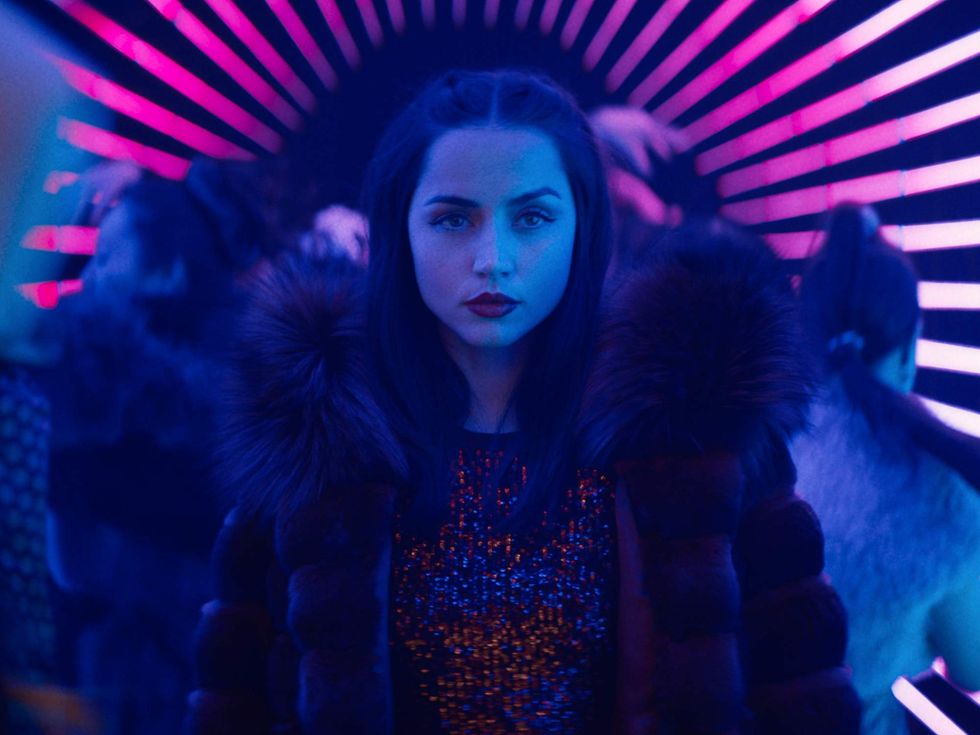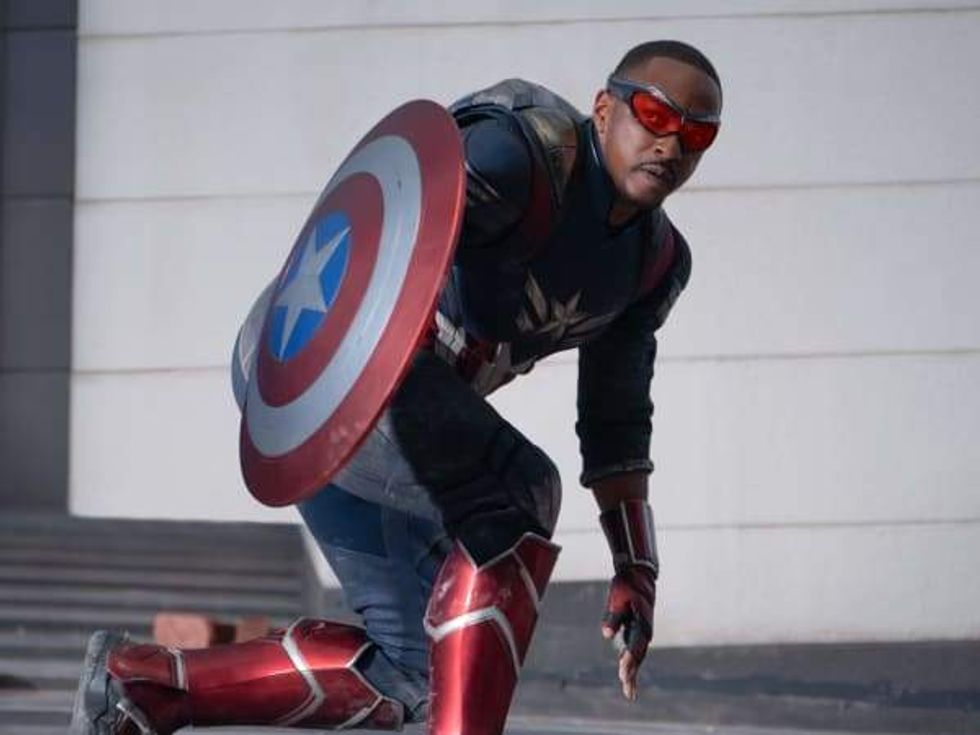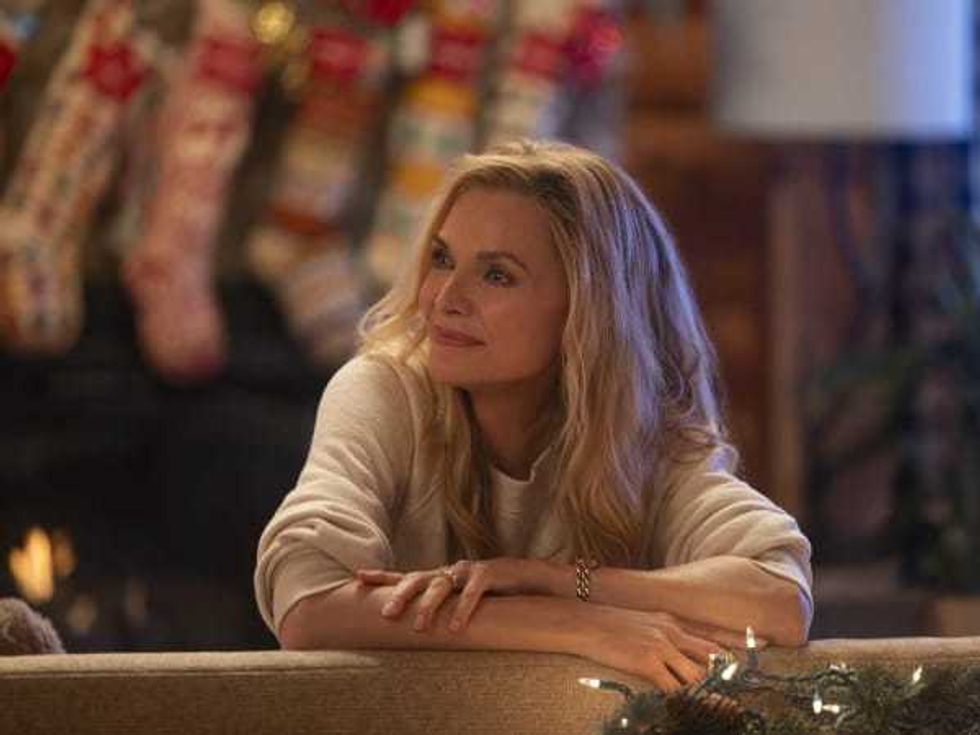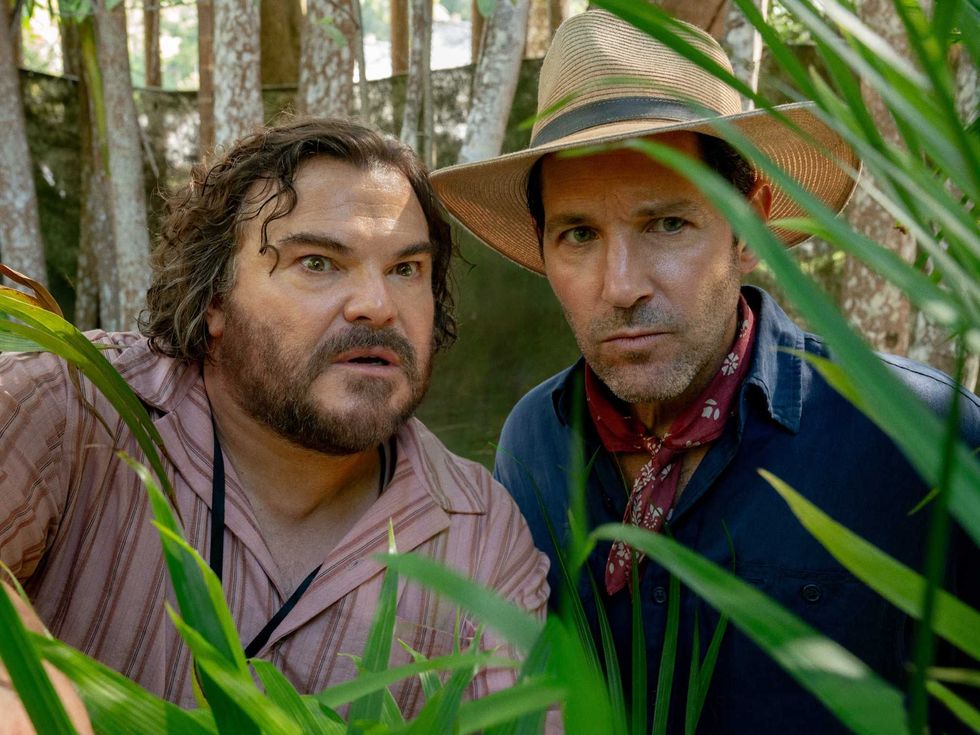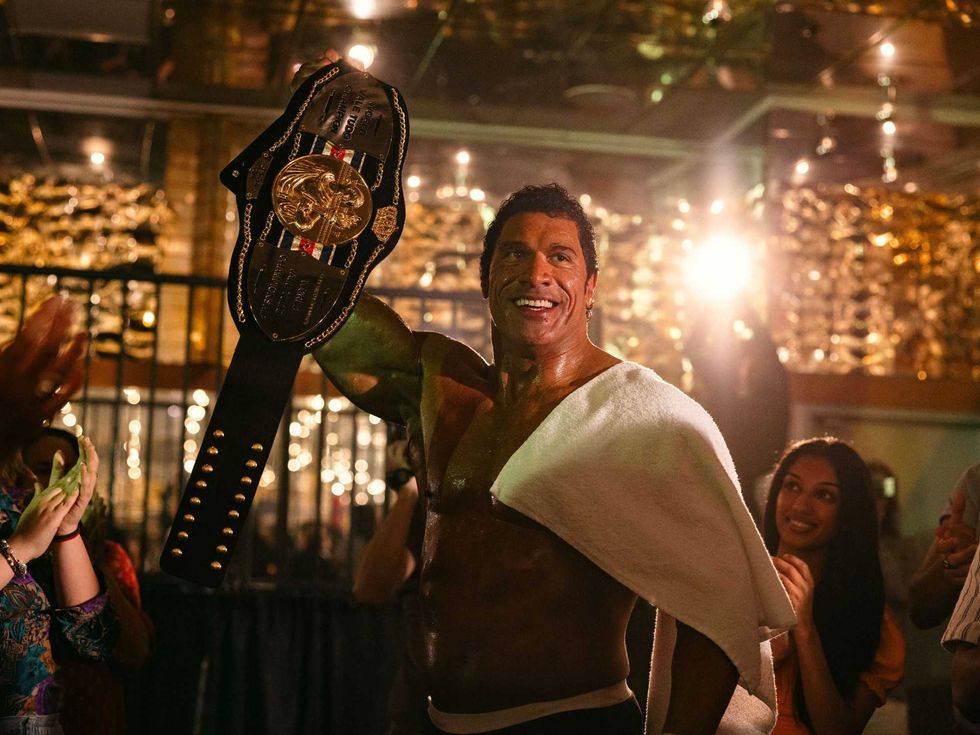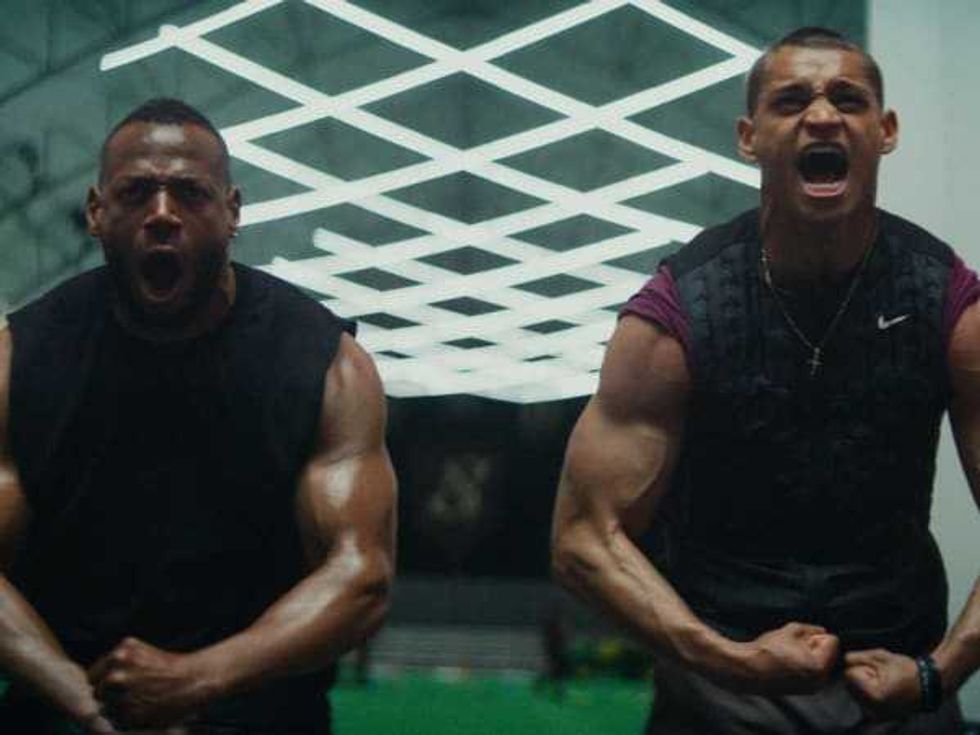Five Questions
A musical, a classic & two world premieres: Artistic Director Gregory Boyd talksabout the Alley's new season
The announcement of the Alley Theatre's 2011-2012 season ignited our minds with a few burning questions. And who better to put out those flames than the man himself, artistic director Gregory Boyd?
CultureMap: How do you put together a season? How do you come up with the mix?
Gregory Boyd: We look at ourselves as having two great constituencies – our audience, naturally – and trying to give them the best and most varied season of plays – and the artists, for whom we also exist to cultivate and challenge them. And I personally have a broad catholicity of taste among my theatre-loving, so we try to include both depth and breadth.
If we were the sort of theater company that did one thing exclusively – new plays, say – or classics, or musicals, or French farces – then we would think differently about the mix, clearly. But we like to make as wide a variety of work as we can – for the audience – which we want to be wide and varied as well – and for ourselves.
CM: What are you the most excited about?
GB: I don’t look at the season so much as eight or 10 individual projects, but as a year-long project. One piece flows into the next. I’m thrilled about Ether Dome, a major new American play by a fantastic playwright Liz Egloff. I’m very happy that we’re doing Horton Foote’s play, Dividing the Estate, and that (director) Michael (Wilson) and (Foote's daughter) Hallie are coming back to the Alley to work on it – they are the finest interpreters of Horton’s work in the world, and Horton himself is a national, and Texas, treasure.
Theresa Rebeck is always stimulating and surprising – and her new work, What We’re Up Against, is both those things. The Seafarer is one the best plays of the last decade, – and its special requirements in casting provide a very good match with these five actors. I’m most personally excited about The Seagull. It’s perhaps the great play of the 20th century – and to do it with this company in an intimate theatre space is a rare, rare opportunity – for us and for the audience, to see this play up close.
CM: The Alley doesn't do many musicals. Why did you pick The Toxic Avenger?
GB: We’ve done musicals from time to time, every couple of seasons or so – and nothing needs less justification than pleasure – which is what this is. It’s a lot of fun, and has a terrific rock score and great comic invention and energy. John Rando is directing it, and he has a wonderful gift for the material.
CM: Why did you include the classic The Seagull?
GB: I think I always start each year with dreaming about Chekhov. He is on the list, every year. You can’t be a theatre company that says it’s about the actors in some regard if you don’t think about Chekhov. But for various reasons, casting issues, rehearsal time issues, the idea of wanting to do it intimately – and these are big plays – for all sorts of practical reasons, we haven’t made a Chekhov production since my first season at the Alley (Three Sisters). It’s a huge lack, I think, that we haven’t. So the real question is: Why did it take you so long to do The Seagull? And the answer is – well, here it is, at last!
CM: Why do you think it's important to do world premieres?
GB: It is very important to produce new writing, which stretches all of us – designers, actors, audiences, staff – and it’s especially important to support the new work of playwrights. But, above all, it’s important to produce the best new writing we can find alongside the work of other contemporary writers, and within the same season as vital work from the past.
The mix is the key. To hear the plays of Theresa Rebeck and Elizabeth Egloff and Rajiv Joseph and Ken Lin alongside work by Horton Foote and Chekhov, and other contemporaries like Conor McPherson and John Logan, is an extraordinary journey for an audience and a theatre company to take.



